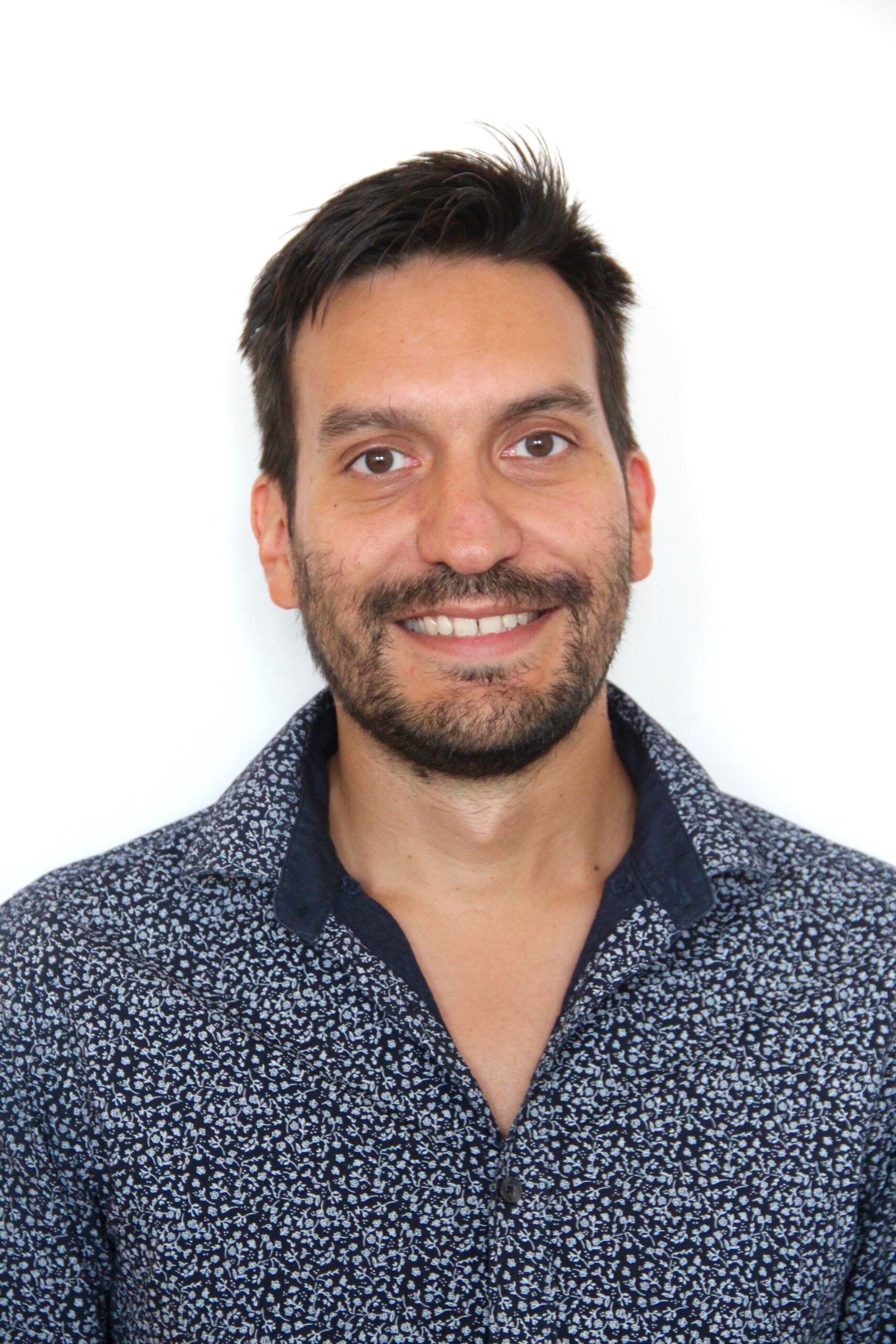Project title: Reconstructing the evolutionary history of neuroendocrine tumor subtypes
Nicolas Alcala, PhD International Agency For Research On Cancer

- Status: Active
- Year(s): 2023
- Grant Type: Mentored
- Research Type: Basic
- Primary Tumor Site: Multiple
Project Description:
Dr. Alcala will use next-generation sequencing data to study how the DNA of NETs and the patient’s immune response interact to determine a patient’s NET molecular subtype and clinical course.
What critical NET problem will you try to solve through your research?
Dr. Alcala and colleagues have previously discovered subtypes of lung NETs with distinct molecular profiles (DNA alterations, gene expression), paving the way for a novel, more precise classification of NETs that better accounts for prognosis and therapeutic targets. Nevertheless, little is known of the origin of these subtypes.
Why is this important?
Until the factors determining the evolution of each subtype are established, their prevention and treatment will be impossible. Because each NET subtype carries specific DNA alterations and seems to make the immune system react in a different way, we believe that the interaction between tumor DNA and immune cells holds the key to understanding their evolution and will be key to designing future immunotherapeutic approaches.
What will you do as part of this research project?
Dr. Alcala and colleagues will look at the DNA of several hundreds of neuroendocrine tumors from many organs (e.g. lung, small intestine, pancreas) and compare it with their immune cell composition. They will first study when the tumor’s DNA starts to change and how. Next, they will look for the changes in the tumor’s DNA that the immune system can detect, and figure out how immune cells are attacking the tumor. Lastly, they will check if the way the immune system affects the tumor impacts how well the patient responds to treatment and survival outcomes.
How might your research improve the diagnosis and/or treatment of NETs?
This study will help us understand why certain people are more at risk of getting harmful NETs, detecting a patient’s immune cell composition that can prevent or favor NET progression. This will improve the diagnosis of aggressive NETs and also provide targets for intercepting NETs at risk of becoming more aggressive.
What is your next step?
The next step of the project would be to validate experimentally the findings, for example using in vitro models with co-cultures of immune and cancer cells.
Additional Details
- City: Lyon
- Country: France
- Grant Duration: 2 years
- Sponsor: Elaine Nord
DISCLAIMER
NETRF funds laboratory research to understand the development of neuroendocrine tumors and translational research to explore new concepts in treatment. Research grant descriptions and research updates from NETRF are not intended to serve as medical advice. It can take years for research discoveries to be fully validated and approved for patient care. Always consult your health care providers about your treatment options.
